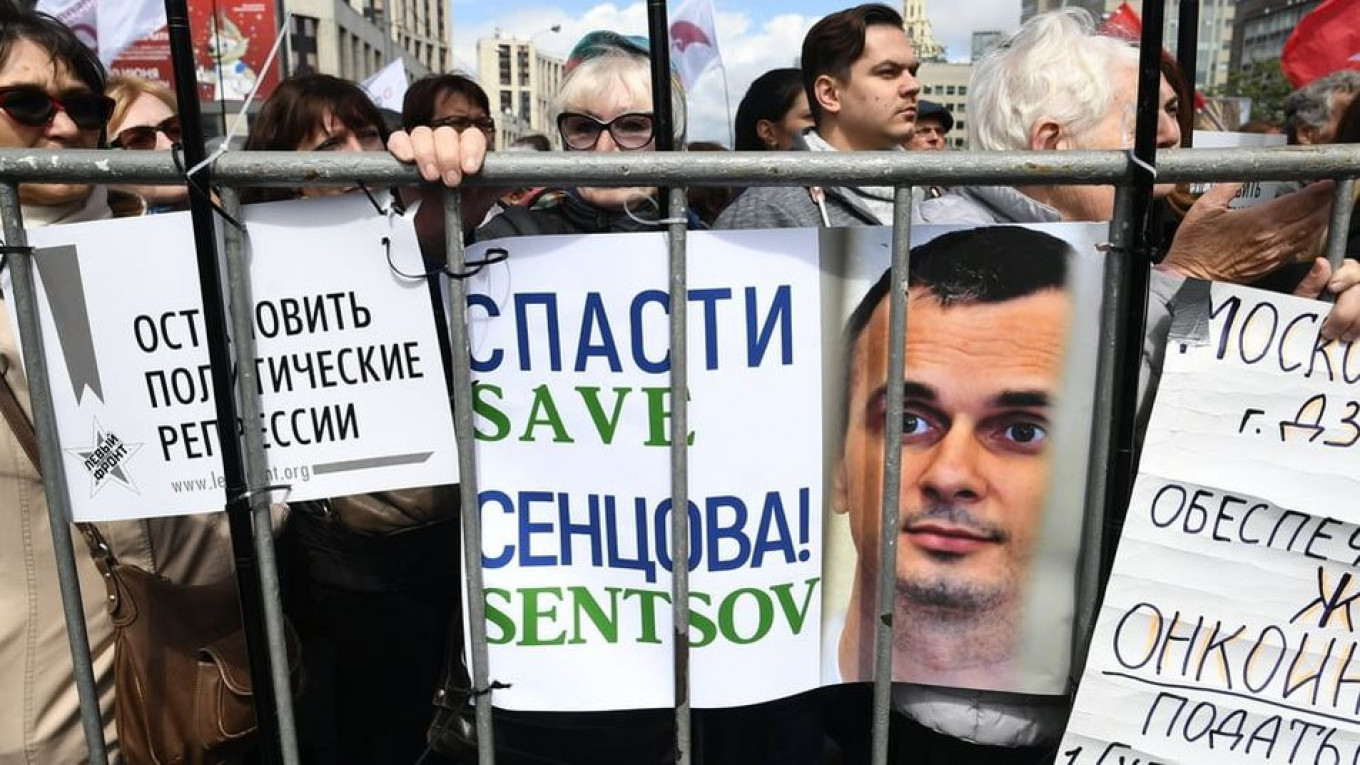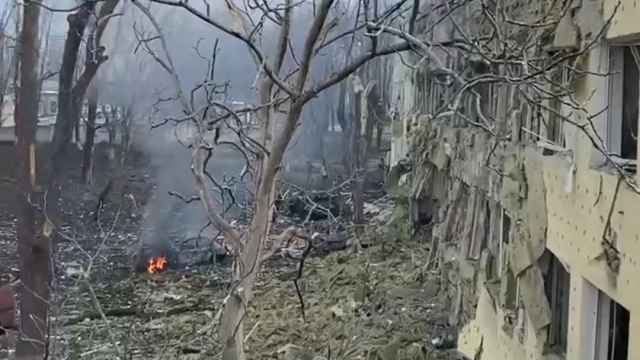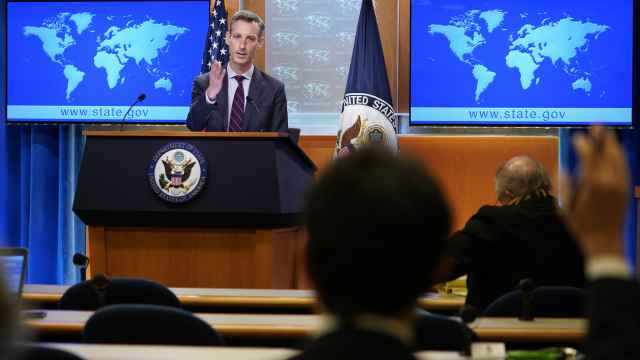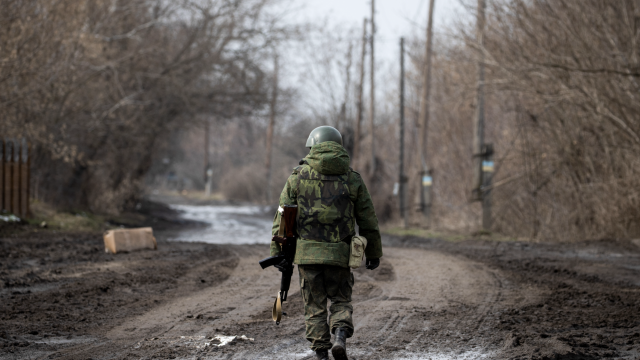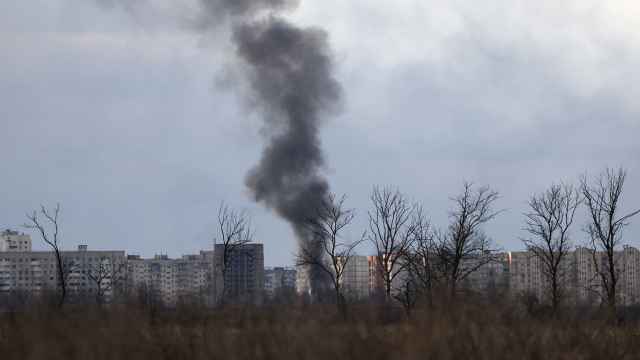President Emmanuel Macron will speak with Russian leader Vladimir Putin on Friday about jailed Ukrainian film director Oleg Sentsov, who has been on hunger strike since May and is gravely ill, a source in his Elysee office said.
Meanwhile, the Kremlin said on Thursday it had received a letter from the mother of jailed Ukrainian filmmaker Oleg Sentsov asking Russian President Vladimir Putin to pardon her son.
The Crimea-born Sentsov, sentenced by a Russian court to 20 years in a high security penal colony in 2015 for "terrorist attacks" on the peninsula, is on the 88th day of a hunger strike.
Sentsov was accused of setting fire to two office buildings in Crimea, including one of Russia's ruling party, and of plotting to blow up a monument to Soviet state founder Vladimir Lenin.
He was charged with organizing a "terrorist group" in Crimea aiming to wrest the peninsula back from Moscow's control. Russia annexed Crimea in 2014.
The film director has denounced the trial as politically motivated, amid high tension between Russia and the West over the annexation.
Sentsov's mother Ludmila wrote to Putin on June 22.
"I ask you... not to ruin his life," the letter, published by the Echo of Moscow radio station, said.
"He has now spent four years in prison. His children are waiting for him, and his youngest son has autism. They are struggling without him," she wrote.
On Thursday, Kremlin spokesman Dmitry Peskov confirmed the letter was received.
A commission must now be set up to gather reports on Sentsov's health, behavior and mental state, a journalist from the Novaya Gazeta newspaper cited Sentsov's lawyer as saying.
The commission will then assess whether he presents a danger to society and will make a recommendation for Putin to review, the lawyer, Dmitry Dinze, was cited as saying.
Amnesty International said it had requested access to visit Sentsov together with medical experts, but was denied.
"The Federal Correctional Service told us that his health is stable and they see no changes for the worse. But that information is two weeks old. Sadly, we know as little as everyone else," Amnesty's Aleksander Artemev said.
A Message from The Moscow Times:
Dear readers,
We are facing unprecedented challenges. Russia's Prosecutor General's Office has designated The Moscow Times as an "undesirable" organization, criminalizing our work and putting our staff at risk of prosecution. This follows our earlier unjust labeling as a "foreign agent."
These actions are direct attempts to silence independent journalism in Russia. The authorities claim our work "discredits the decisions of the Russian leadership." We see things differently: we strive to provide accurate, unbiased reporting on Russia.
We, the journalists of The Moscow Times, refuse to be silenced. But to continue our work, we need your help.
Your support, no matter how small, makes a world of difference. If you can, please support us monthly starting from just $2. It's quick to set up, and every contribution makes a significant impact.
By supporting The Moscow Times, you're defending open, independent journalism in the face of repression. Thank you for standing with us.
Remind me later.



